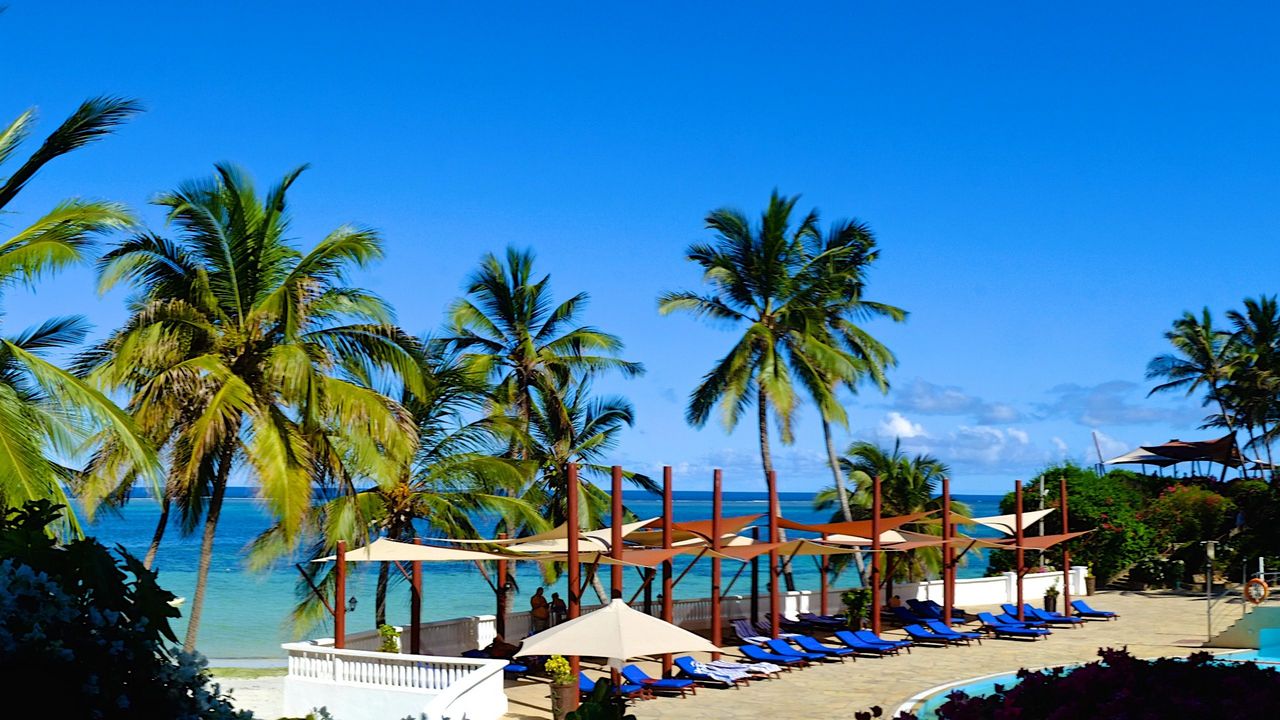Kenya is one of Africa’s most beautiful and exciting travel destinations. From the wild plains of the Masai Mara to the white sands of Diani Beach, it offers unforgettable experiences. But many travelers still ask, “Is it safe to travel in Kenya?”
The short answer: Yes, Kenya is generally safe to visit — especially if you take normal precautions and travel with a trusted tour company like Pleasant Adventures.
This article examines the current safety situation in Kenya, including common concerns, safety tips, and the reasons why Kenya continues to attract tourists from around the world.
General Safety in Kenya
Kenya is a popular destination for both international tourists and business travelers. Each year, millions of people visit the country safely. The government and tourism sector have made great efforts to improve infrastructure, enhance security in key areas, and support a safe travel environment.
Most major tourist destinations in Kenya — such as Nairobi, Naivasha, Masai Mara, Amboseli, and the Kenyan coast (Mombasa, Diani, Watamu) — are very safe to travel to.
What Areas Are Safe for Tourists?
Here are the most popular and safe places to visit in Kenya:
- Masai Mara National Reserve – Excellent for safaris. Well-guarded and managed with professional rangers.
- Amboseli National Park – Safe and scenic, located near the Tanzania border.
- Lake Naivasha & Nakuru – Great for wildlife and landscape lovers.
- Mount Kenya & Nanyuki – Ideal for hiking and nature escapes.
- Nairobi – Kenya’s capital city is generally safe in tourist areas like Karen, Westlands, and CBD during the day.
- Mombasa, Diani, Watamu, and Malindi – These coastal areas are safe and perfect for beach holidays.
To make your trip even smoother, Pleasant Adventures offers organized and secure packages to all these locations.
Are There Any Areas to Avoid?
Like many countries, there are regions in Kenya where travel is not recommended:
- Parts of Northern Kenya, especially near the borders with Ethiopia and Somalia, may experience sporadic insecurity.
- Some areas of Nairobi, particularly informal settlements, can pose risks if visited without local knowledge.
- Coastal regions near the Somalia border are not advised for tourists due to occasional security alerts.
However, these places are far from tourist routes and not included in any Pleasant Adventures safari or beach itinerary.
What About Terrorism or Political Unrest?
Kenya has had isolated incidents in the past, but the country has strengthened its security, especially in areas visited by tourists. Airports, hotels, parks, and shopping malls all have high levels of security.
Additionally, Kenya’s general elections (last held in 2022) were peaceful, and the current political environment is stable. In 2025, there are no major threats reported that should prevent you from visiting.
Is It Safe to Go on Safari?
Yes, safaris in Kenya are very safe. National parks and reserves are protected and patrolled by professional rangers. Tour companies like Pleasant Adventures follow strict safety protocols and hire experienced local guides who know the terrain and animal behavior well.
Game drives are conducted in safari vehicles designed for wildlife viewing and guest safety. You’re not allowed to leave the car unless at designated safe areas, and camps and lodges have trained staff and security measures.
How About Health and Medical Safety?
Kenya is located in a tropical zone, so some vaccinations are recommended before your trip:
- Yellow Fever (especially if traveling from other African countries)
- Typhoid
- Hepatitis A & B
- Malaria prevention (check with your doctor for the best option)
Most tourist lodges and hotels follow strict hygiene and food safety standards. Cities like Nairobi and Mombasa have international hospitals in case of medical emergencies.
To be extra safe:
- Drink bottled or filtered water
- Wear insect repellent
- Get travel insurance
Pleasant Adventures includes emergency support in its packages for peace of mind.
Tips for Staying Safe in Kenya
Here are practical tips to help you stay safe during your visit:
- Use licensed tour operators like Pleasant Adventures.
- Avoid walking alone at night, especially in unfamiliar urban areas.
- Keep valuables out of sight and use hotel safes.
- Follow local laws and cultural customs (modest dress in rural and religious areas).
- Listen to your guide, especially on safari and in nature reserves.
- Use trusted transport, such as hotel pickups or tour company vehicles.
Why Tourists Keep Returning to Kenya
Despite safety concerns that often appear online, travelers who visit Kenya are usually surprised at how welcoming, safe, and well-organized their experience is. From the warm hospitality to the organized tour options, it’s no wonder many visitors return again and again.
Kenya has received positive safety ratings from international bodies, and its tourism sector continues to grow year after year.
Final Thoughts
So, is it safe to travel in Kenya?
Yes — it is safe, especially when you travel smart. By choosing trusted guides, avoiding risky areas, and respecting local rules, you’ll enjoy a worry-free adventure filled with beauty, wildlife, and culture.
For the best and safest safari experiences, consider traveling with Pleasant Adventures. Their team of professional guides, well-maintained vehicles, and flexible packages ensure your trip is not only exciting — but also stress-free and secure.
Kenya is waiting. And with the right planning, it’s safer than ever to explore.
Frequently Asked Questions (FAQs)
1. Is Kenya safe to visit in 2025?
Yes, Kenya is generally safe for tourists in 2025, especially in popular areas like Nairobi, Maasai Mara, Diani, and Mombasa. However, travelers are advised to stay alert, follow local advice, and avoid isolated areas at night.
2. Are safaris in Kenya safe right now?
Absolutely. Safari destinations such as Maasai Mara, Amboseli, and Tsavo are well-secured and managed by professional tour operators. Always choose a licensed tour company for a safe and guided experience.
3. Is it safe to travel solo in Kenya?
Solo travel is possible and increasingly common in Kenya. Stick to popular tourist routes, book with reputable operators, and avoid walking alone at night, especially in major cities.
4. What areas in Kenya should I avoid in 2025?
Travel advisories may recommend avoiding border regions near Somalia and certain areas in northern Kenya due to occasional unrest. Always check updated travel advisories from your government.
5. How safe are the beaches in Kenya?
Kenya’s coastal destinations like Diani, Watamu, and Malindi are safe and popular with international tourists. Exercise the same caution you would at any beach destination—don’t leave valuables unattended and avoid deserted beaches after dark.
6. Do I need travel insurance for Kenya?
Yes. Travel insurance is strongly recommended for medical emergencies, trip cancellations, or unexpected incidents while in Kenya.
7. Are there health risks I should be aware of?
Kenya is in a malaria zone, so travelers should take preventive measures. Ensure you’re up-to-date with routine vaccinations and consider additional ones like yellow fever, depending on your itinerary.
8. Are there political tensions or protests in Kenya in 2025?
Occasional demonstrations may occur, especially in urban areas. Stay informed through local news and avoid large gatherings or protests.
9. Is public transport safe in Kenya?
While buses and matatus (minibuses) are commonly used, they can be chaotic. For tourists, it’s safer to use registered taxis, rideshare apps, or hire private transport from trusted companies.
10. How can I stay safe while in Kenya?
- Book through reputable travel companies.
- Avoid flaunting expensive items.
- Stay in secure accommodations.
- Follow local advice and laws.
- Stay aware of your surroundings at all times.
Feel free to contact us — we’re happy to help!
📞 Call/WhatsApp: +254 748 057 500
📧 Email: info@pleasantadventure.com
🌍 Website: www.pleasantadventure.com

